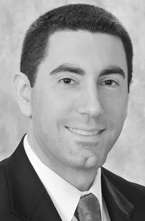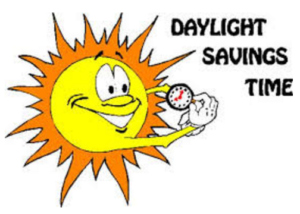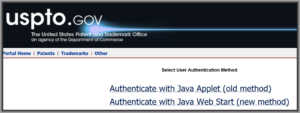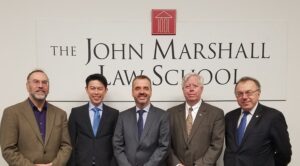The USPTO needs to be willing to consider requests for the restoration of the right of priority based upon the “due care” standard. This will help US filers who missed the 12-month priority period, and whose foreign-filing plans include the European Patent Office or any of twenty-eight other patent offices that apply the “due care” standard.
US practitioners (including yours truly) have been asking USPTO to make this change for several years now. in January of 2015, AIPLA asked USPTO make this change. It is now October of 2016 and USPTO has still not made this change. It is hoped that this blog article will serve as a reminder to the USPTO that this change is needed. I will explain.
Continue reading “USPTO needs to accept “due care” restoration requests”






